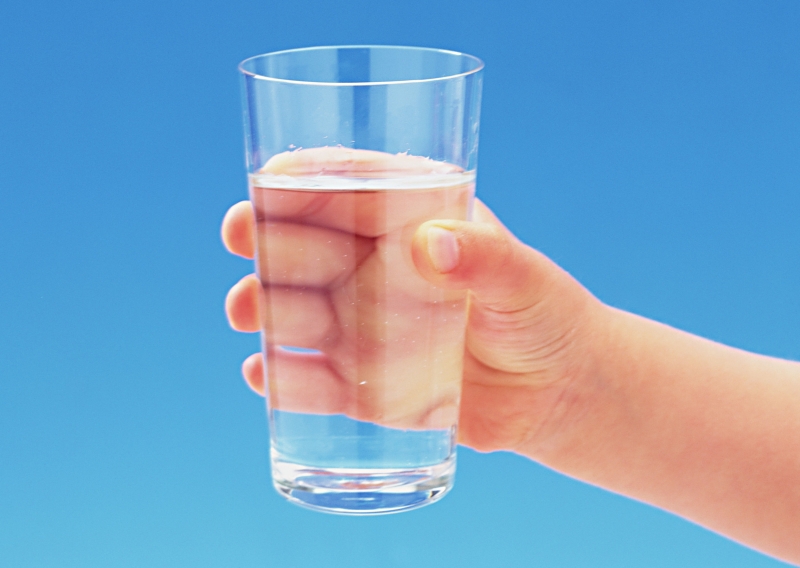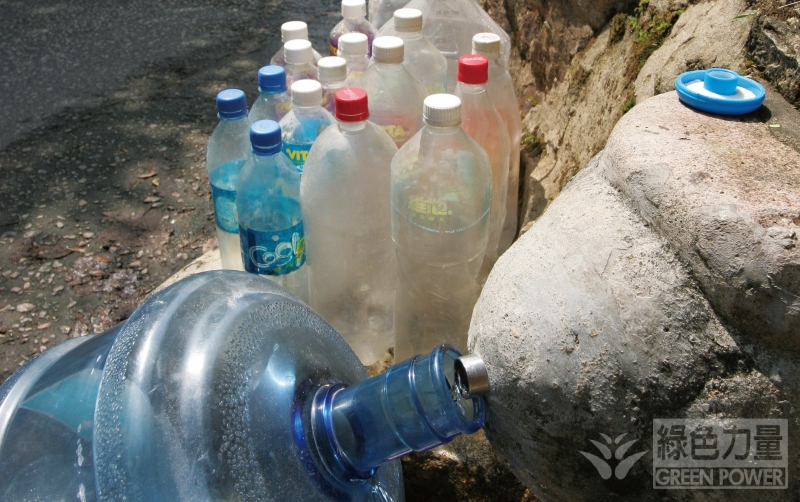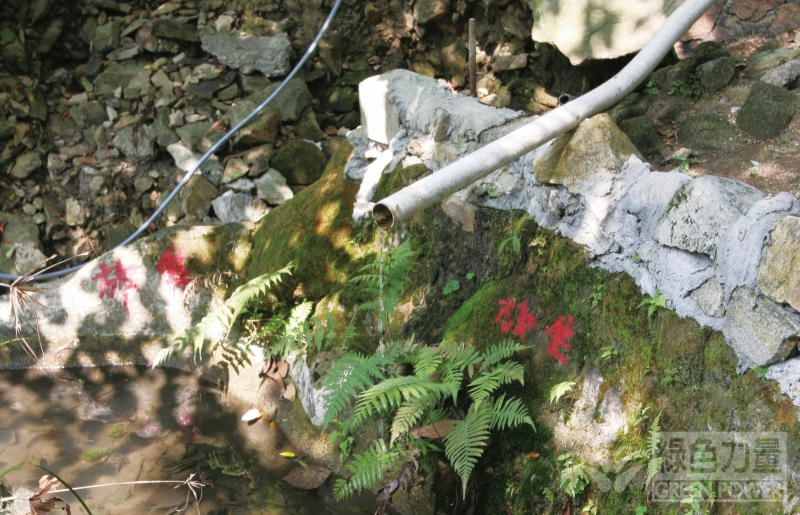


Lately, drinking water has been the talk of the town. The water scandals that are on the lips of people include black particles in tap water of a public housing estate and sources of bottled water in government offices and public facilities. The scandals remind the author of a common and relevant water topic - drinking hillside water.
Be it fresh or sweet, it is not for the author to comment on the taste of hillside water. But it is definitely not safe for drinking. One does not know where the hillside water has passed before it is taken. Presence of microbes detrimental to health in hillside water which has not been disinfected at a water treatment plant is expected. Deaths from amoeba infection linked to playing in the river or using hillside water have been reported in mainland China and overseas. These may be rare cases but some common aquatic microbes, such as Pseudomonas aeruginosa which do not make healthy people sick, could have severe health consequences for people with weakened immune systems once infected. You never know what microorganisms are in the hillside water or the state of your health when you drink it.

Moreover, a significant number of village houses on the hillside are not connected to the communal sewers and use septic tanks for wastewater disposal. Recent years have seen sudden torrential rainfalls, results of changing rainfall patterns in Hong Kong. The ensuing flash floods could trigger overflow of septic tanks and pollute hillside water with germs and chemicals from domestic wastewater.
Is hillside water safe for drinking if boiled or filtered? Although boiling water kills most microbes, the toxins released from the microbes and soluble chemical contaminants such as heavy metals or pesticides and so on will not go. Neither will these toxic substances be removed by most domestic water filters. So drinking boiled or filtered hillside water has health risks.
Ecological Impact
A good deal of people may not know the relationship between hillside water and ecology. Hill streams in Hong Kong are mostly seasonal streams. Flow of these streams reduces to a trickle or even ceases in the dry season. It has been a common sight for hikers to see pipes and buckets used for collecting hillside water, some even divert streams to make small pools. These private makeshift waterworks facilitate the collection of hillside water but could drastically reduce or even stop the flow downstream. They upset aquatic ecology in the rivers and streams substantially and impede the migration of aquatic organisms along the water channel and reproduction consequently.

Taking water is illegal?
Under the Waterworks Ordinance (Cap. 102), except with the permission of the Water Supplies Department, diverting water from the waterworks is illegal. The ordinance stipulates catchment areas as part of the waterworks. Hence, it is an offence to take water from catchment areas. A third of the land in Hong Kong falls in catchment areas regulated by the ordinance which prohibits unauthorised water taking from hill streams.
There are no reasons to support laborious water taking from the hills for health but several to oppose: ecological impact, health and legal risks. Be smart!